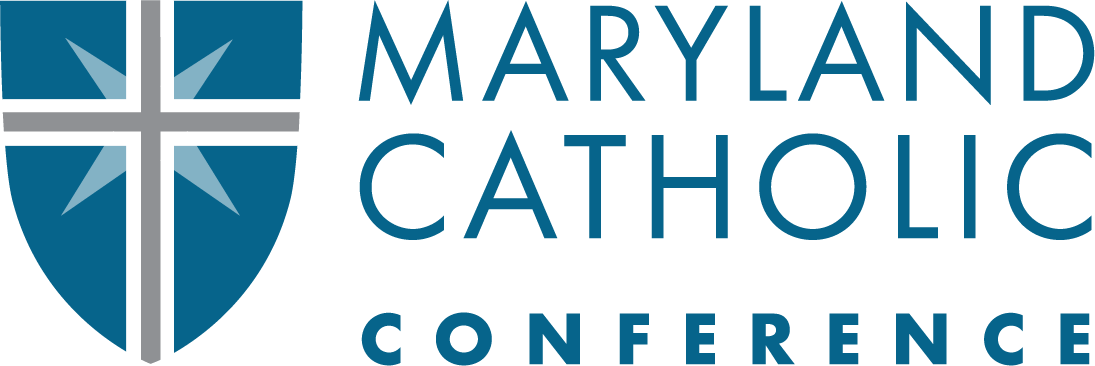Updates:
April 3, 2025: HB 1368 passed through the House of Delegates this afternoon and is headed to the Senate. Take action now: tell your Senator you want parity for victim-survivors and organizations.
April 2, 2025: A little over 13 hours after receiving extensive amendment changes to HB 1378, the Maryland House Judiciary Committee took up and voted the bill out of committee after a spirited and emotional discussion.
In 2023, Maryland lawmakers passed the Child Victims Act (CVA), pledging to give all survivors of child sexual abuse an opportunity for justice.
That pledge did not last long. Since the CVA went into effect 18 months ago, thousands of claims have been made against the State of Maryland for child sexual abuse by State workers. In fact, the Maryland state government now appears to be the largest employer of child sex abusers in the State.
The response from lawmakers has not focused on understanding how this could have occurred, ensuring rigorous safeguarding, or prioritizing victim-focused support. Rather, the legislature’s response has been focused on how to limit the State’s financial liability and accountability to victim-survivors.
HB 1378 reinforces a system where justice depends not on the harm suffered, but on where the abuse occurred.
Under the bill, with amendments slipped in at the end of a Judiciary Committee voting session on Tuesday, victims of abuse in State settings, such as the Department of Juvenile Services, would face a damage cap of $400,000 starting June 1, 2025. The cap for private institutions would be $700,000. This unequitable treatment is both unjust to victims and unfair to private and nonprofit organizations.
Even worse is rushing through a bill of this magnitude that impacts the rights of survivors and the responsibilities of institutions, in the final days of the legislative session, with little time for careful debate or necessary revisions. This undermines trust in the legislative process and denies survivors the consideration they deserve.
Two years ago legislators committed to providing equal treatment for all victims. HB 1378 betrays that promise. We urge lawmakers to reject this inequitable approach and stand for true justice.
Prior Statement: Judiciary Committee Hearing on March 27
In 2023, Delegate C.T. Wilson said the Child Victims Act would allow “victims of child sex abuse to have their voices heard in court.” That won’t happen under HB 1378 for anyone abused in a State institution.
That’s because the Child Victims Act uncovered a terrible truth: The largest employer of abusers in the State of Maryland appears to be the State of Maryland itself. Several thousand claims of abuse by State employees have been filed over the past 18 months, far exceeding those against any other organization in Maryland. Delegate C.T. Wilson has indicated that the vast number of allegations – and subsequent liability for the State – led him to seek restrictions on State victims in HB 1378.
The reports of child sexual abuse within Maryland’s Department of Juvenile Services and other institutions, and the harm to young men and women of color who represent the majority of youth placed under the State’s care, are heartbreaking.
Instead of seeking accountability, the legislation seeks to increase disparity between victims, force arbitration and institute a closed-door State taskforce.
As a Church that has faced its own painful reckoning, we urge state leaders to be accountable and transparent:
- Seek opportunities for an independent assessment to gain further insight into the history of abuse in State settings, including the factors that contributed to it and how past cases have been addressed.
- Implement reforms, such as stringent safeguarding policies, with the intent of ensuring abuse by state employees never happens again.
- Provide survivor-centered support for those who suffered abuse by State representatives.
Victims deserve parity.
HB 1378 greatly exacerbates an existing difference in treatment for victims abused in State institutions and those abused in private institutions, by reducing the State’s own damage cap to $400,000 while keeping the cap at $1.5 million for private organizations.
As we shared in submitted testimony, there is no principled basis for treating victims of child sexual abuse in state institutions differently from those who suffered abuse in private institutions.
In 2023, legislators committed to an equitable approach for all institutions. The overtly unequal treatment in HB 1378 is not only poor policy for victim-survivors, but also unfairly targets nonprofit and religious organizations that have long served children in this state and have implemented strong safeguards for youth protection.

